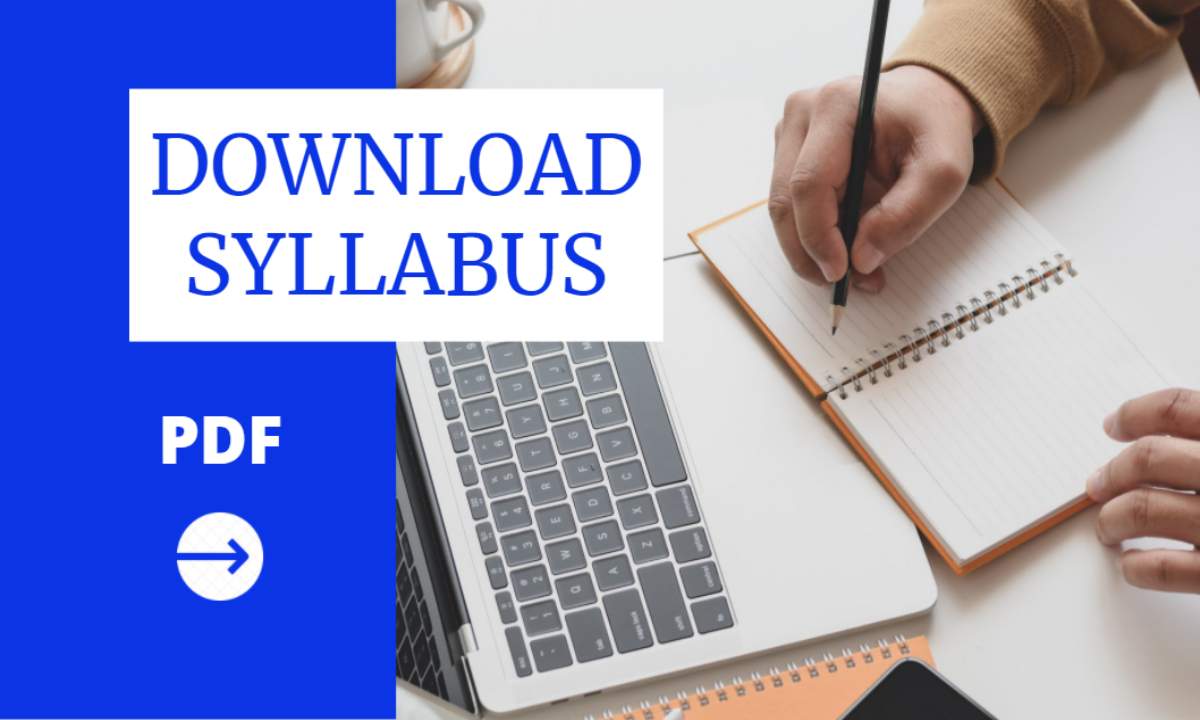Tripura TET Syllabus 2021 Download PDF: Tripura TET (T- TET) is a state-level exam conducted to recruit skilled teachers for the primary level and upper primary level. the Tripura TET (T- TET) Registration will begin from 10th March and will continue till 31st March 2021. Candidates can apply online through the official website @trb.tripura.gov.in So, candidates are suggested to start their preparation to increase their chances of selection in the T-TET Exam.
Also Read: TET Exam Update 2021- इस वर्ष होने वाली सभी शिक्षक भर्ती परीक्षाए, जानिए कब और कैसे होगा एग्जाम
In this article, we are sharing the latest Tripura TET Latest Syllabus 2021, you can also download the PDF file of the Tripura TET Syllabus by the Direct link Provided in this article.

As per The official notification, Tripura TET 2021 exam will be held in two sessions for Paper 1 and Paper 2.
Paper-1- The Tripura TET Paper I is for applicants who want to teach Classes 1 to 5
Paper II – paper -2 For candidates who want to teach Classes 6 to 8
Tripura TET Exam Syllabus 2021- Overview
| Tripura TET Latest Syllabus 2021 | Download TRB Tripura Exam Pattern (Paper I & Paper-II) | |
| Organization Name | Teacher Recruitment Board, Tripura (TRBT) |
| Post Name | Teachers Eligibility Test (TET) |
| Category | Syllabus |
| Mode of the Exam | offline |
| Official Site | trb.tripura.gov.in |
T-TET Paper – I (for Classes 1-5, All Compulsory)
| Name of the Subject | Number of Questions | Number Of Marks |
| Child Development and Pedagogy | 30 MCQs | 30 Marks |
| Language I (English) | 30 MCQs | 30 Marks |
| Language II (Bengali) | 30 MCQs | 30 Marks |
| Mathematics | 30 MCQs | 30 Marks |
| Environmental Studies | 30 MCQs | 30 Marks |
| Total | 150 MCQs | 150 Marks |
T-TET Paper – II (for Classes 6-8)
| Name of the Subject | Number of Questions | Number Of Marks |
| Child Development and Pedagogy (Compulsory) | 30 MCQs | 30 Marks |
| Language I (English): Compulsory | 30 MCQs | 30 Marks |
| Language II (Bengali): Compulsory | 30 MCQs | 30 Marks |
|
60 MCQs | 60 Marks |
| Total | 150 MCQs | 150 Marks |
Learn the subject-wise syllabus topics of the Tripura TET given below, the candidate must read the complete syllabus before Exam registration process.
Tripura TET Paper 1 Syllabus
| Subjects | Syllabus |
| Part 1: Child Development and Pedagogy (30 MCQs) |
CHILD DEVELOPMENT & LEARNING
CONCEPTS OF INCLUSIVE EDUCATION AND UNDERSTANDING CHILDREN WITH SPECIAL NEEDS:
LEARNING AND PEDAGOGY:
|
| Part 2: Language 1: English (30 MCQs) |
LANGUAGE COMPREHENSION
PEDAGOGY FOR LANGUAGE DEVELOPMENT:
|
| Part 3: Language 2: Bengali (30 MCQs)ORPart 4: Language 2: Kokborok (30 MCQs) |
Teachers’ Recruitment Board, Tripura has allowed the candidates to choose from Bengali and Kokborok language in their TET exam.
The complete Tripura TET Bengali Syllabus and the Tripura TET Kokborok Syllabus are given in the PDFs links above in the article. |
| Part 4:
Mathematics |
CONTENT
PEDAGOGICAL ISSUES IN MATHEMATICS
|
| Part 5:
Environmental Studies (30 MCQs) |
|
Tripura TET Paper 2 Syllabus
| Subjects | Syllabus |
| Part 1: Child Development and Pedagogy (30 MCQs) |
CHILD DEVELOPMENT (ELEMENTARY SCHOOL CHILD)
CONCEPT OF INCLUSIVE EDUCATION AND UNDERSTANDING CHILDREN WITH SPECIAL NEEDS
LEARNING AND PEDAGOGY
|
| Part 2: Language 1: English (30 MCQs) |
LANGUAGE COMPREHENSION
PEDAGOGY FOR LANGUAGE DEVELOPMENT
|
| Part 3: Language 2: Bengali (30 MCQs)ORPart 4: Language 2: Kokborok (30 MCQs) |
Teachers’ Recruitment Board, Tripura has notified that the candidates can choose from Bengali or Kokborok language in their TET exam.
The complete Tripura TET Bengali Syllabus and the Tripura TET Kokborok Syllabus are given in the PDFs links above in the article. |
| Part 4:
Mathematics & Science |
MATHEMATICS (30 MCQs)
SCIENCE (30 MCQs)
|
| Part 5:
Social Studies |
GEOGRAPHY (15 MCQs)
HISTORY (15 MCQs)
SOCIAL AND POLITICAL LIFE (15 MCQs)
PEDAGOGICAL ISSUES IN SOCIAL STUDIES (15 MCQs)
|
Tripura TET Syllabus 2021- Download Link
To Get the latest updates Please “JOIN OUR TELEGRAM CHANNEL”
For Latest Update Please join Our Social media Handle
| Follow Facebook – Click Here |
| Join us on Telegram – Click Here |
| Follow us on Twitter – Click Here |

